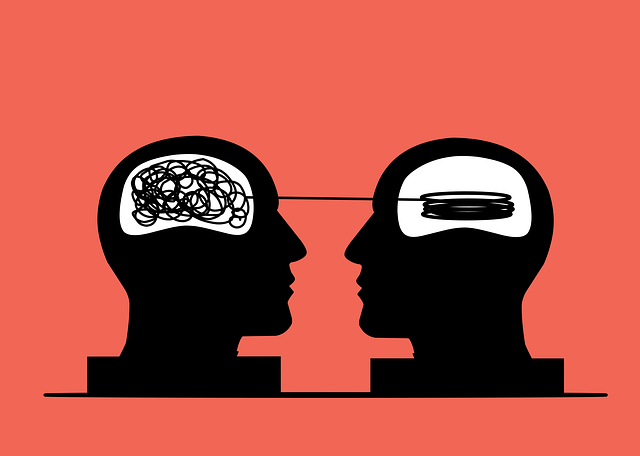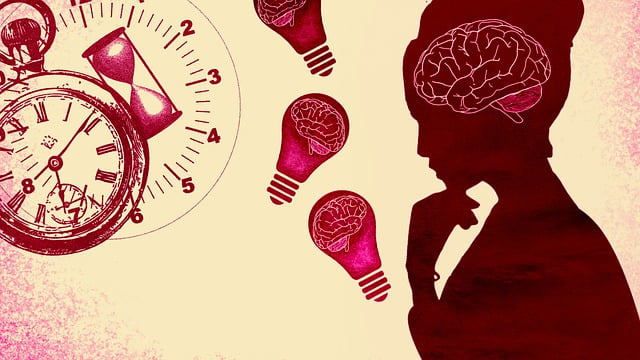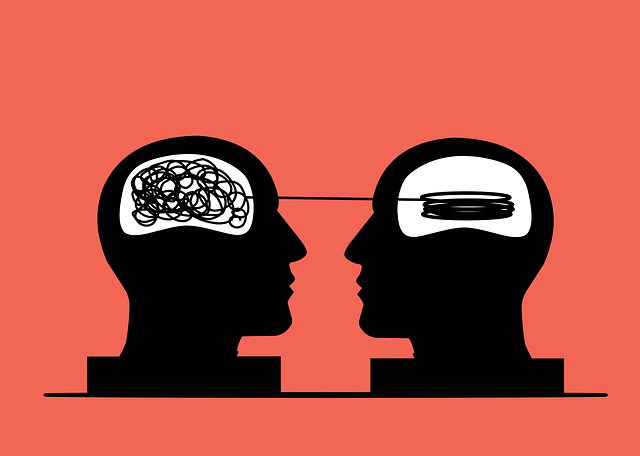Mental healthcare professionals can improve services through culturally sensitive practices, especially with the Parker Mindfulness Therapy (PMT) approach. PMT equips therapists with tools to challenge biases, create safe spaces, and understand diverse clients' cultural contexts, fostering effective treatment tailored to individual needs. This method enhances therapy sessions, prevents provider burnout, and promotes inclusive public awareness campaigns centered around trauma support. By integrating mindfulness techniques and self-awareness, PMT offers practical strategies for culturally sensitive care, ultimately enhancing therapeutic outcomes.
Cultural sensitivity is an essential aspect of providing effective mental healthcare, ensuring equitable access to quality services for all. This article explores the concept through the lens of Parker Mindfulness Therapy, offering a comprehensive guide to culturally sensitive practice. We delve into the challenges posed by cultural biases and stereotypes, providing practical strategies to enhance patient outcomes. By embracing Parker Mindfulness Therapy, mental health professionals can create inclusive environments, empowering individuals from diverse backgrounds to find healing and growth.
- Understanding Cultural Sensitivity in Mental Healthcare: The Parker Mindfulness Therapy Approach
- Challenges and Barriers: Overcoming Cultural Biases and Stereotypes
- Practical Strategies for Culturally Sensitive Practice: Empowering Individuals Through Parker Mindfulness Therapy
Understanding Cultural Sensitivity in Mental Healthcare: The Parker Mindfulness Therapy Approach

Mental healthcare professionals play a vital role in fostering well-being and healing within diverse communities. Understanding cultural sensitivity is essential to delivering effective treatment, ensuring equitable access to care, and promoting positive outcomes for individuals from various backgrounds. The Parker Mindfulness Therapy (PMT) approach offers a unique framework for navigating these complexities.
PMT emphasizes the importance of cultural competence, encouraging therapists to be mindful of their own biases and the patient’s lived experiences. By adopting this method, healthcare providers can create a safe and supportive environment, reducing potential barriers to treatment. This approach not only enhances therapy sessions but also serves as a powerful tool in burnout prevention strategies for healthcare providers, allowing them to effectively support individuals while mitigating the risks associated with cultural missteps. Additionally, public awareness campaigns development, centered around trauma support services, can benefit from this understanding, fostering a more inclusive and responsive mental health ecosystem.
Challenges and Barriers: Overcoming Cultural Biases and Stereotypes

Cultural biases and stereotypes pose significant challenges in mental healthcare, often hindering effective treatment and patient-therapist relationships. These barriers can arise from a variety of sources, including personal experiences, societal norms, and limited exposure to diverse cultures. For instance, therapists may unconsciously project their own cultural assumptions onto clients from different backgrounds, leading to misunderstandings and miscommunications. Overcoming these biases is crucial for delivering culturally sensitive care, where therapists actively listen, validate, and respect a client’s unique cultural perspective.
At Parker Mindfulness Therapy, we recognize the importance of addressing cultural biases as part of our commitment to compassion cultivation practices. By integrating mental health awareness and mindfulness techniques, we aim to foster an environment where clients feel seen, heard, and supported. This involves ongoing education and self-reflection for therapists to challenge their own preconceived notions and develop a deeper understanding of their clients’ cultural contexts. Through these efforts, we strive to prevent burnout and promote healing journeys tailored to each individual’s unique needs.
Practical Strategies for Culturally Sensitive Practice: Empowering Individuals Through Parker Mindfulness Therapy

Incorporating Parker Mindfulness Therapy into mental healthcare practice offers powerful practical strategies for culturally sensitive care. This therapeutic approach, developed by Dr. Thomas Parker, emphasizes self-awareness and present-moment focus to help individuals manage stress and promote well-being. By teaching clients techniques to observe their thoughts and emotions without judgment, mental health professionals can foster a deeper understanding of cultural beliefs and values, enabling them to provide more personalized and effective treatment.
In the context of diverse healthcare settings, this mindfulness-based therapy allows providers to adapt their approach while respecting individual cultural backgrounds. Healthcare Provider Cultural Competency Training plays a crucial role in equipping professionals with the skills to conduct thorough risk assessments for mental health patients from various ethnic and cultural groups. Understanding potential cultural barriers and incorporating Stress Reduction Methods tailored to specific communities can significantly enhance therapeutic outcomes, ensuring every patient feels empowered and supported throughout their journey towards mental well-being.
In conclusion, integrating cultural sensitivity into mental healthcare practice, such as through the lens of Parker Mindfulness Therapy, is essential for providing effective and empowering support to a diverse range of individuals. By understanding cultural nuances, overcoming biases, and employing practical strategies, mental health professionals can create inclusive environments that honor individual experiences and promote positive outcomes. This approach not only enhances therapy effectiveness but also fosters a more equitable and compassionate healthcare system.














